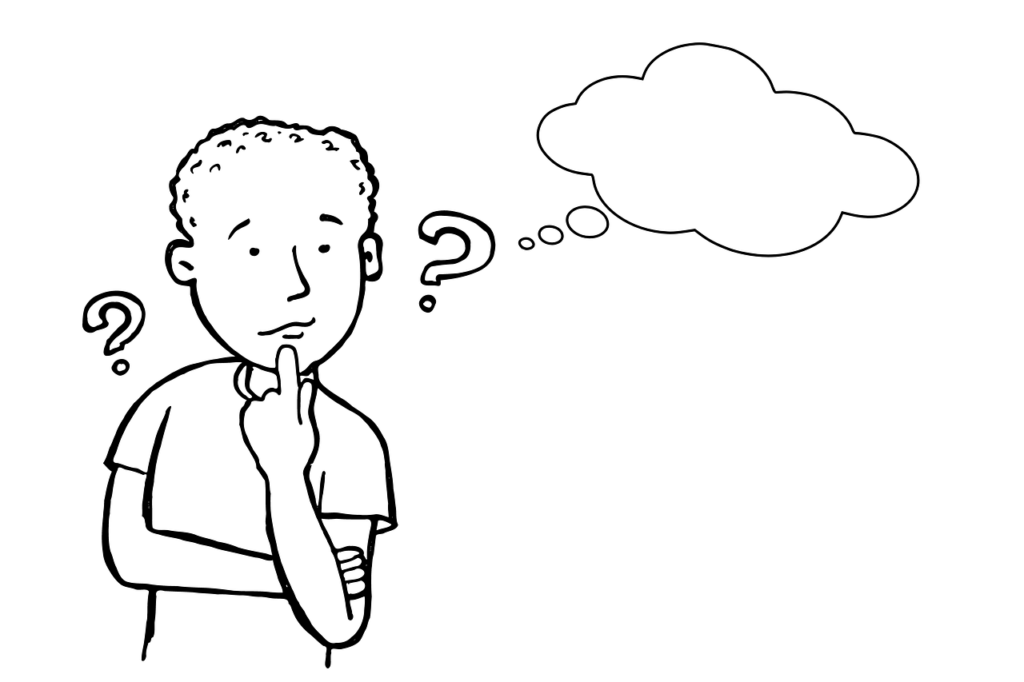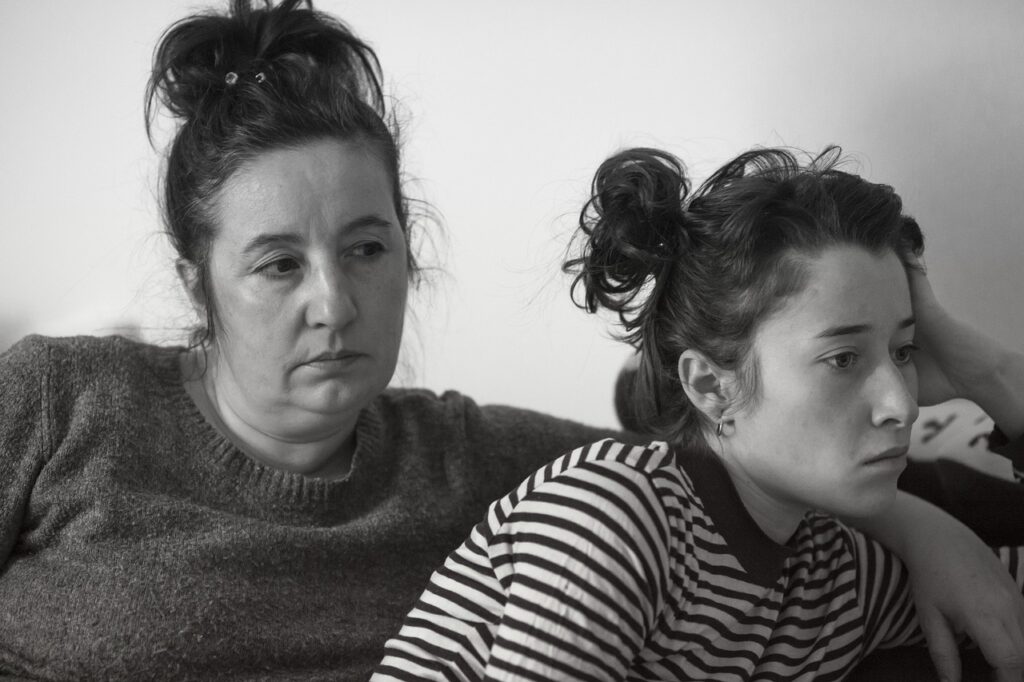Like many overthinkers, it can be much too easy for me to get lost in my own head, traveling my internal landscape and considering (and reconsidering) ideas and processing thoughts from different angles before getting to a place where I actually take action. Having recently realized my own neurodivergence in light of my teenagers’ autistic journeys, I don’t know whether this truly is a universal overthinking experience or if it is one unique to autistic and neurodivergent minds; either way, it is indeed a universal experience among our neurodivergent family.

Admittedly, when it’s not me moving through this familiar inner territory, sometimes the desire to “help” my teenagers or to “fix” an overwhelming circumstance or challenge is strong. I am learning, however, to temper these responses and instead simply to come alongside my girls and support them in the ways that best empower and encourage them. Part of this change can be attributed to the girls themselves and their willingness to say, as one did yesterday, sometimes I don’t need you to fix things (the timing of these words was powerful given I’d written about recognizing sometimes they just need me to listen). Let me tell you, I love that they are better able to articulate this for me because not only has it created clarity between us, it has created opportunities for better conversations.
For example, the other day, I had a conversation with my younger teenager about some of the heavy things she tends to keep to herself. While this part of our chat wasn’t new to me—she has often said she doesn’t always feel comfortable bringing up things on her mind because she doesn’t want to upset me or for me to get angry or exasperated. To be fair, when I am overstimulated or tired and it’s the end of the day, this often tends to be my initial response. However, this time, we were able to move deeper into the conversation and help ease some of her heaviness, at least a little bit. I stressed with her that it was important for her to approach me anyway because otherwise the relationship suffers.
On that note, she opened up and explained that sometimes it’s difficult for her to talk about things because speaking them out loud can make it feel like those things are something now carved in stone and therefore unchangeable. For her, that feels scary and overwhelming. That she was able to explain this, adding that sometimes she also isn’t ready to talk about some of those things, helped me see some different options for connecting with her so I can empower her as she wrestles with some of those universal teen things like figuring out who she is, what she believes, and how to express herself.

Likewise, I witnessed a similar moment wherein my older teen was able to put into words some of the things swirling around in her mind. For her, she was able to articulate and describe something in her counselor’s office that until that moment she had wrestled within herself to try and explain. Until that moment of clarity, she had experienced some big feelings as well as what we refer to as shame spiraling. For her, she explained how one hyperfixation thing is so interwoven into several other things it had sparked a fear about losing not only the hyperfocus, but some of the things that orbit that hyperfocus. Being able to share these details allowed her counselor to provide my girl with some better understanding of herself and this particular challenge. It also reminded me that sometimes time really is sometimes the thing my girls need more than anything else.
While I tend to be good about spending time with each of my teens, and while I consider myself pretty good at being present with them when I am with them, I can see that there is this other gift of time they also benefit from. Sometimes, what they need is that gift of presence. They need me to listen and reassure them they’re safe and they’re okay. They need to know—as do we all—that it’s okay not to know everything right now, and, even more, it’s okay to not feel okay. It’s okay to wrestle with unknowns. Especially if you have someone who will hold your hand, or maybe even hold you in their arms, while you cry or speak without making sense or simply just breathe. And I am honored that they allow me to do that with them and for them.
